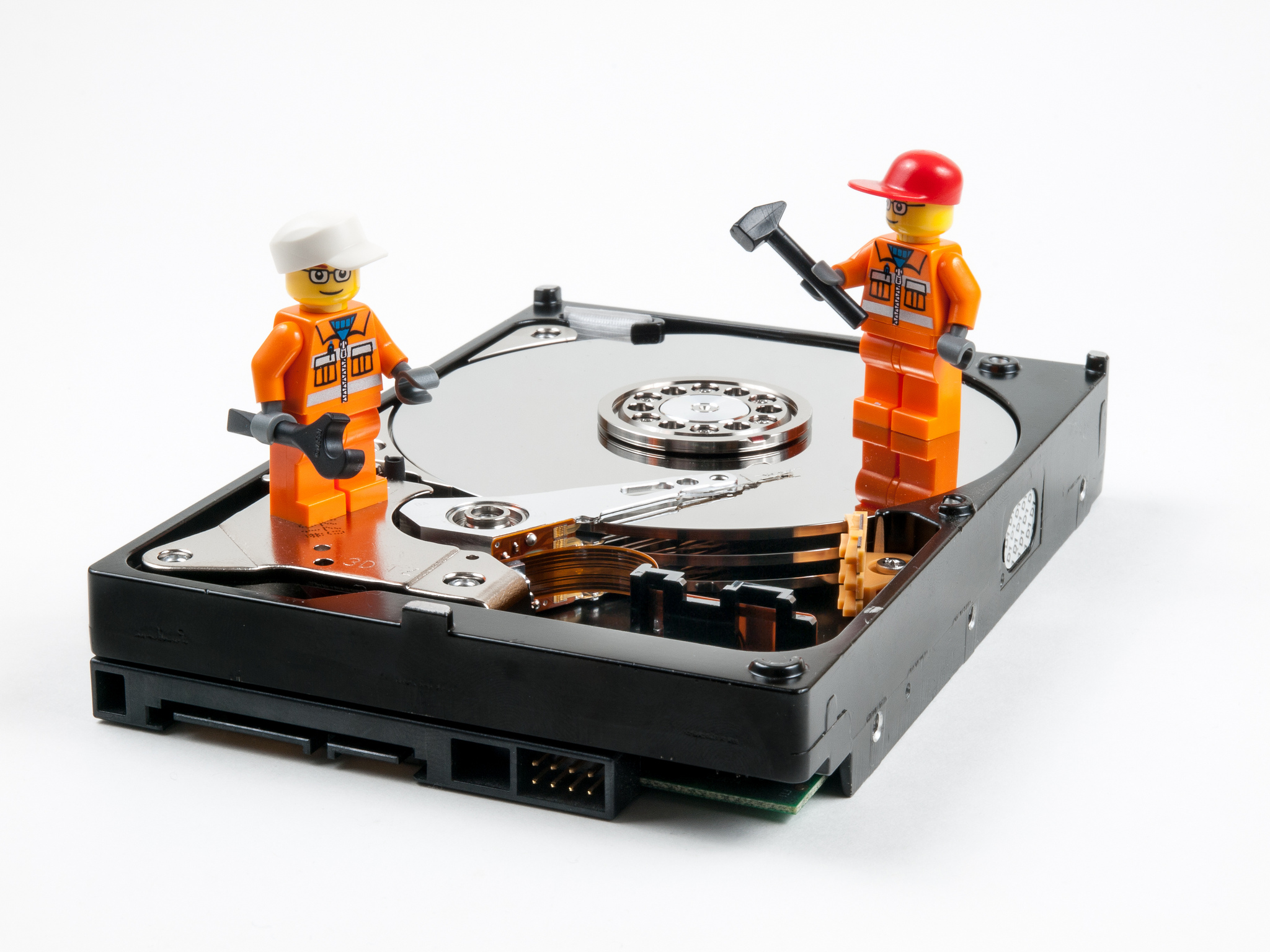If you own a smartphone (or a tractor), you are most likely limited to just one option when it comes to repairs. In recent years, industry giants such as Apple and John Deere have caught flack for creating closed-off ecosystems that force device owners to rely solely on officially authorized stores for repairs. These companies leave consumers without choices, refusing to provide other repair businesses with the parts or technical information needed to carry out repairs. Right to repair legislation is crucial to challenging these companies’ strangleholds on their consumers’ devices, and will need to be further expanded to ensure that consumers and businesses have choices when it comes to repair.
The concept of “right to repair” is a relatively new one. It refers to customers’ rights to repair their electronic devices themselves or using third party services. Repair has become increasingly difficult; smarter technology relies on more extensive software to make it run. Because software has become inextricable from hardware, repairing the devices of today takes extensive knowledge of both domains. As a result, companies who force consumers to rely solely on their own authorized repair services deprive consumers of choice, weakening the concept of device ownership. The first right to repair legislation was passed in Massachusetts back in 2012, and mandated that automobile manufacturers provide independent car repair shops with standardized access to the necessary data and diagnostic tools. However, similar measures for other forms of technology have yet to make headway.
Some of the first proponents for right to repair were farmers: John Deere tractors have extensive copyright protection software that prevent them from operating if unauthorized parts are detected. For farmers whose livelihoods can depend on harvests that occur over very tight time frames, waiting on an appointment with an authorized technician in the event of an equipment failure is just not acceptable. As a result, it has become common practice for farmers to obtain pirated tractor firmware to bypass these restrictions. Similarly, Apple’s suppression of third-party repair shops has hurt product users, who are left without repair options: not every state even has an Apple Store.
Companies benefit greatly from complete control over the repair process, doubling profit from the sale and maintenance of these devices. Apple and other phone manufacturers have been criticized for heavily inflated repair prices and policies that encourage replacement rather than repair. This ultimately traps consumers in a cycle of planned obsolescence, in which companies are incentivized to produce products with short lifespans in order to force consumers to purchase new devices. When devices break, this monopolistic setting leaves consumers with no choice but to pay inflated repair fees to the original vendor. Already, the effects of planned obsolescence can be seen before repairs ever become necessary – earlier this year, Apple admitted that it had quietly been slowing down older phones without notifying users. Strong right to repair legislation would prevent companies from using such tactics, and ensure that consumers are well-informed and able to seek options other than buying the latest expensive phone.
In response, right to repair legislation was introduced in 20 states this year, with strong proponents from across party lines. States from agriculture-heavy Nebraska to New Jersey, where consumer rights movements are strong, have introduced bills with bipartisan support to combat companies’ control over consumers’ devices. Persistent lobbying by John Deere and Apple, as well as industry giants such as Microsoft, continues to hinder these efforts at the state level; it will be up to state legislatures to stand up for consumer rights.
A recent small victory for the movement came with a decision by the Library of Congress to approve exemptions to the Digital Millennium Copyright Act (DMCA), which had previously made it illegal to bypass copyright-protection code. These exemptions cover tractors, cars, and specific personal digital devices, allowing consumers or independent repair shops to circumvent copyright protection for the express purpose of making repairs. However, these exemptions are only the first of many steps required to ensure the right to repair. As the Library of Congress refused to broaden the exemptions to all devices that run software, future devices must still be handled on a case-by-case basis. Additionally, these exemptions merely make bypassing digital protections for repair legal – manufacturers remain under no obligation to provide the documentation and parts necessary for users and repair shops to perform their own repairs.
Future legislation must address these issues in order to fill in the gaps and comprehensively protect consumers’ right to repair. The 2012 precedent set by Massachusetts legislators with regard to automobiles was a resounding success, causing car companies nationwide to agree to cooperate with third-party mechanics. Today, automobile companies provide independent repair retailers with standardized access to diagnostic tools, enabling consumer choice and competition in the repair industry.
As the trend of smart devices marches on from phones and watches to refrigerators, thermostats, and other smart appliances, the need for legislation protecting the rights of consumers to have their devices independently repaired will become increasingly paramount. Right to repair will ensure that consumers retain full control over their own devices, and prevent profit-maximizing corporations from exploiting them.
Photo: Hard Drive Repair
